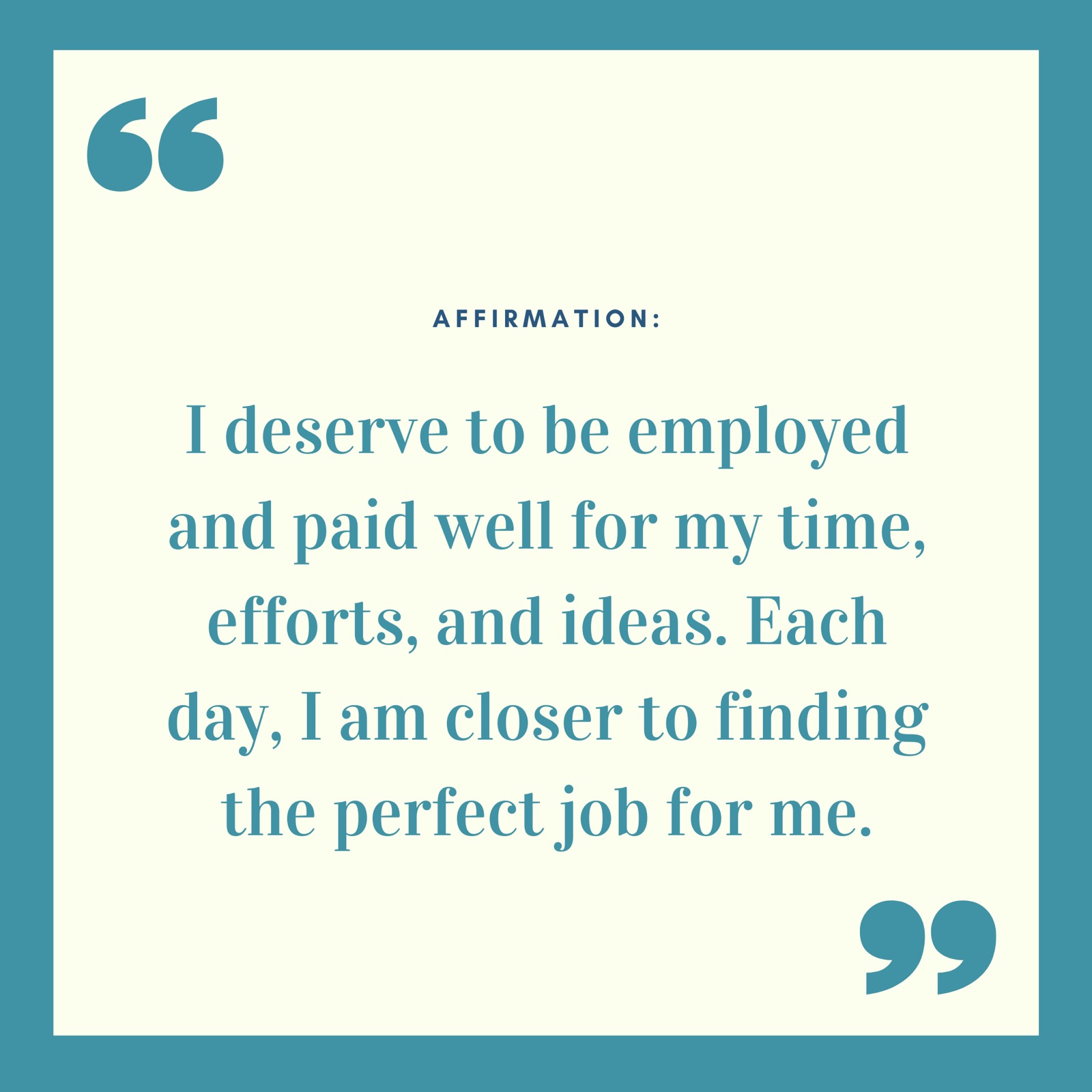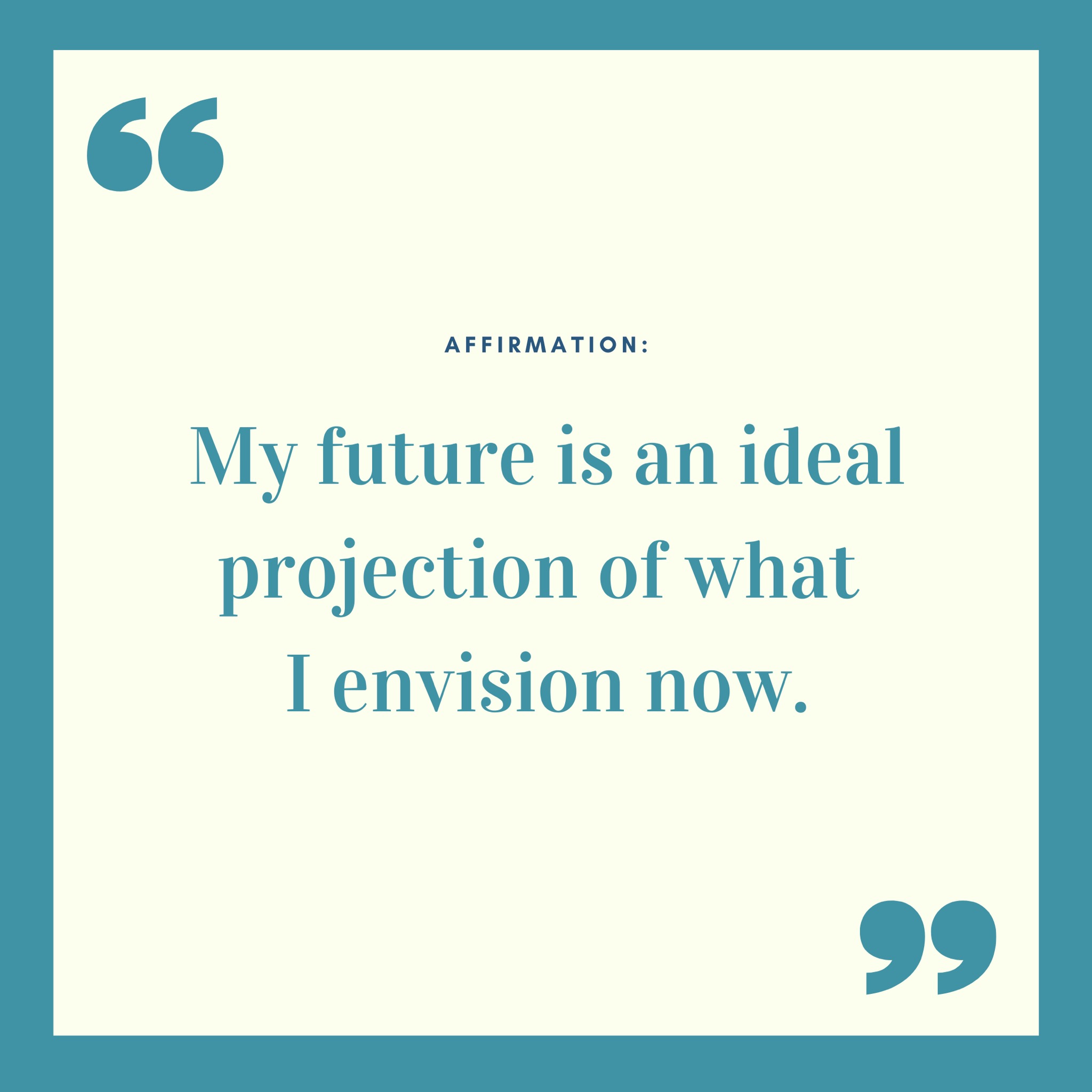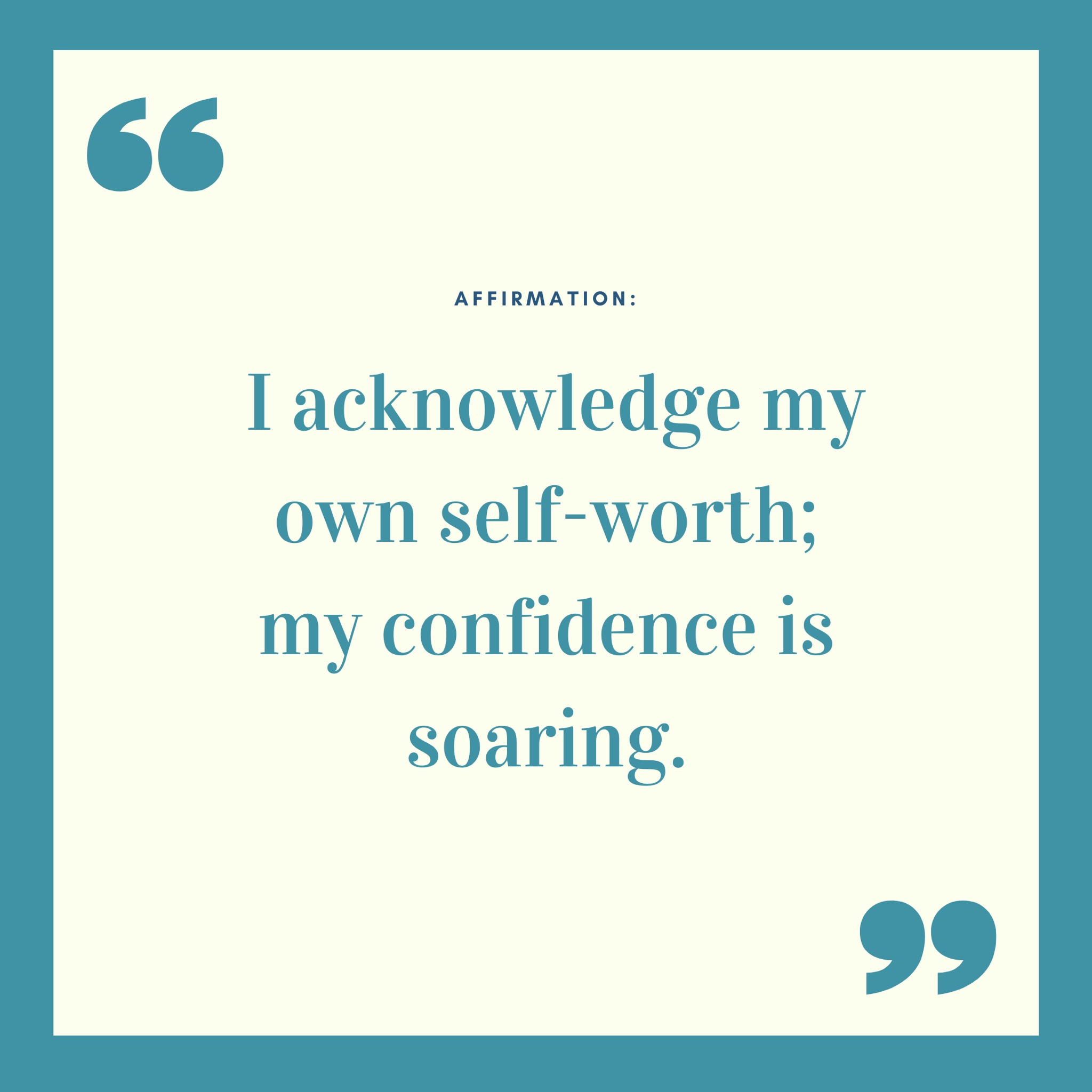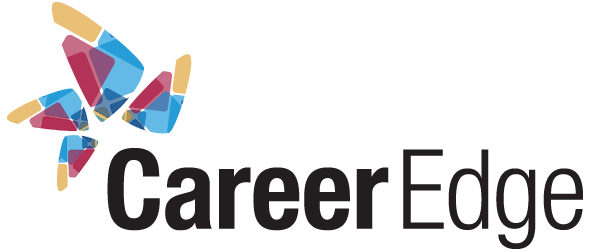[This week’s blog comes from Chantelle Sukhu, a Career Edge Alumna and Communications Manager, Product & Content at TELUS Digital!]
Searching for a job can be one of the most humbling exercises a professional can experience. Individuals dedicate hours to fixing their resumes, crafting countless cover letters, preparing for interviews and learning to network. This journey is sometimes far from linear, as each rejection could result in the process restarting. In this sense, job hunting is a master class in patience and positivity.
Given the current climate, individuals may feel that certain elements of a job hunt are out of their control, especially as a new grad or newcomer. So how do you demonstrate resiliency when the odds are stacked against you? Invest in cultivating a ‘winning mindset’ by practising positivity through affirmations.
What are affirmations?
You might have heard of the term “affirmations” or “positive affirmations” as a technique used in weekly journaling or from a therapist’s toolkit. It’s the idea that one can change negative

Chantelle Sukhu, Communications Manager, Product & Content, TELUS Digital
behaviours or thoughts through constant repetition of a positive message, either written or read aloud. For example, “I am determined and successful” or “I am confident and beautiful.” Just as you repeat a set of exercises during a workout to improve your physical health, affirmations work to ‘target’ self-sabotaging thoughts.
A neuroscientific study by Casio and Falk reveals that affirmations work on the reward centre of the brain. Affirmations activate our ‘reward circuits’ to intervene in thoughts that we perceive as negative. As a result, these small but powerful ‘interventions’ can manifest into conscious actions that change our behaviours (i.e. I think, therefore I am). But how can you use affirmations in your job hunt?
The Winning Mindset
As a top 10 job search expert on LinkedIn and career coach, Diana YK Chan from My Marketability sees the immense impact affirmations can have on a candidate’s ability to transform their career and successfully land job offers. She calls this having a “winning mindset” – a key component to being resilient and successful in a competitive job market.
“You have to start by valuing yourself before others can see the value in you,” a hurdle that is more common than you think among job seekers she says. How are you showing up (mentally) to interviews? What story are you telling yourself when you apply to jobs or meeting someone to network? She claims that the most successful candidates in these scenarios are those who are confident and can articulate (and truly believe!) in the value they offer, beyond just summarizing their skills.
Chan also feels that affirmations can be quite helpful for new grads or newcomers who might feel pessimistic about their job outlook. These individuals can use affirmations to feel more confident in communicating their transferable skills and developing a growth-focused attitude. Rather than fixating on what you lack in terms of skills and experience, Chan urges these job seekers to practice articulating what unique ideas, values or skills they can bring to a team. In her experience, candidates that demonstrate drive, passion and a positive attitude are more likely to unlock opportunities that haven’t been advertised or be hired over those with by-the-book experience.
How to write affirmations
Although you may think that the idea of affirmations is quite simple, saying nice things about yourself can be hard. There is no right or wrong way to write affirmations, but there are definitely some key elements you should consider including. Here are some tips and thinking points that can get you started:
- Write in first person, present tense: Use your name or the personal pronoun ‘I’ and write statements to be held true in this current moment rather than the past (e.g. I am confident)
- Use positive characteristics/values: In an article on Psychology Today, Leena Gupta advises against writing statements in the negative (e.g. I don’t want to be a failure). She claims that the subconscious mind picks up on the last word (failure), which results in the opposite effect
- Look at target jobs for inspiration: Explore postings related to your dream job and pick out characteristics or values that resonate with you
- Personalize your value: Chan encourages clients to think about what value they can offer to an employer rather than focusing on responsibilities (e.g. I am a confident and inquisitive UX researcher vs I know UX research)
- What would your coworkers/managers say? Use this popular interview question as inspiration for your affirmation statement
Templates
Below are templates that break down the basics of writing an affirmation. Your affirmation could be a single sentence or comprised of multiple positive statements:
Alternative affirmation starters:
I am motivated by…
I want my legacy to be…
I choose to be…
Still unsure how to craft a statement? The visuals below are ones that Chan recommends to her clients and can be used in any scenario:



What do I do with my affirmation?
Now that you’ve written your affirmation, it’s important that you put it in a place where it’s visible, like a daily journal. An alternative method is simply writing your affirmation on a sticky note and posting it on your monitor or desk, or reading it aloud as a pep talk before an interview.
By actively practicing positivity through affirmations, we can develop a ‘winning mindset’ during a job hunt. As Chan points out, changing your thinking has a ripple effect on your ability to project more confidence to become more marketable, attract opportunities and close interviews.
Most importantly, affirmations allow us to tend to our mental health to prevent burnout and self-sabotaging thoughts that could cost us our dream job.

